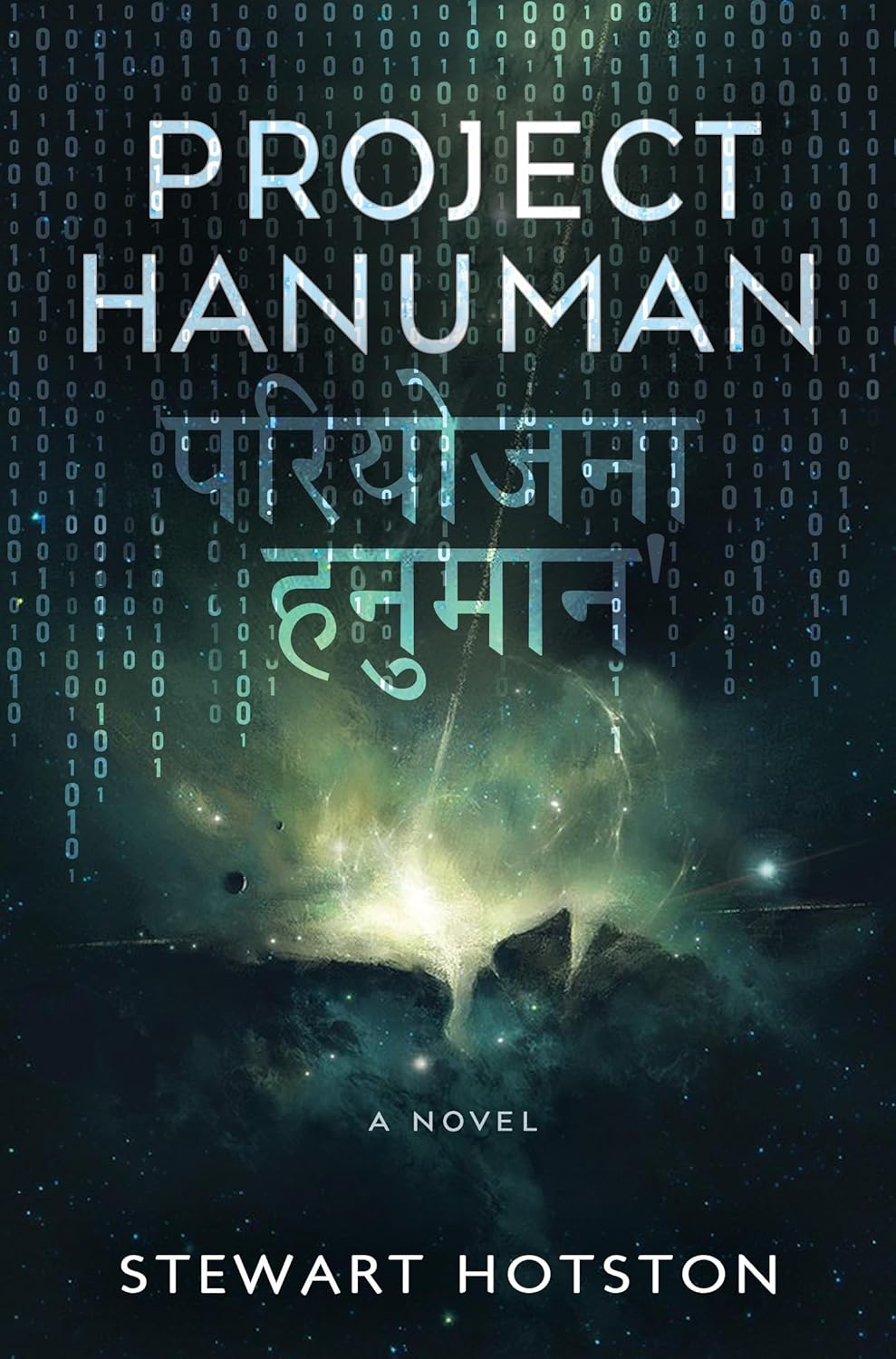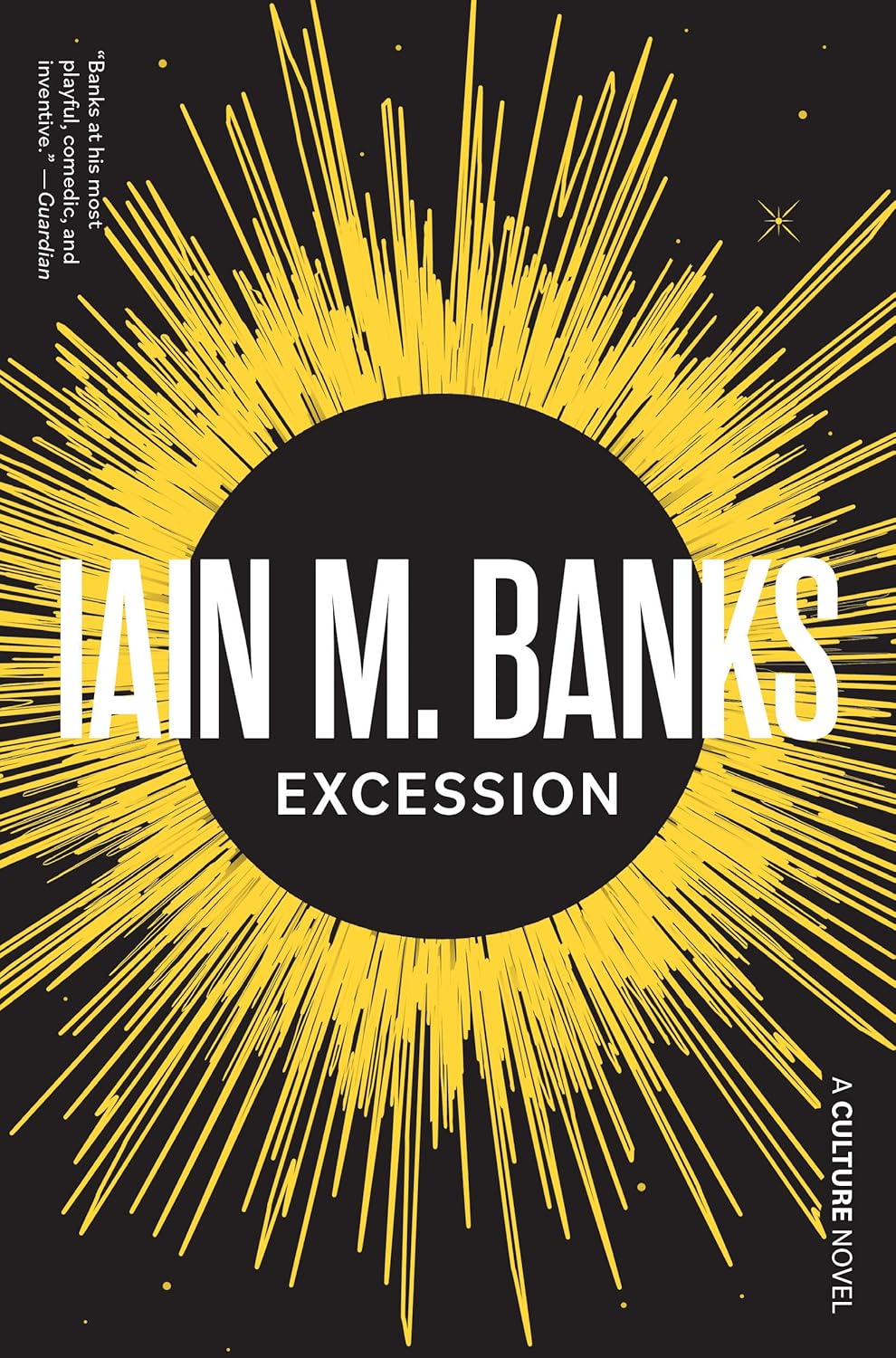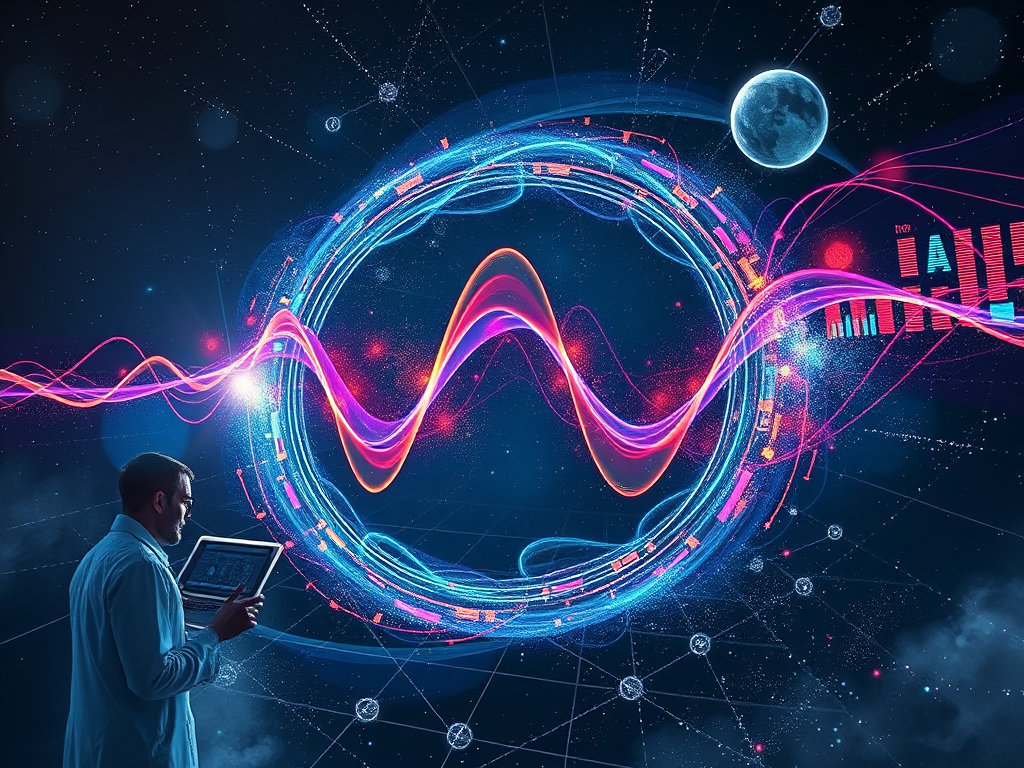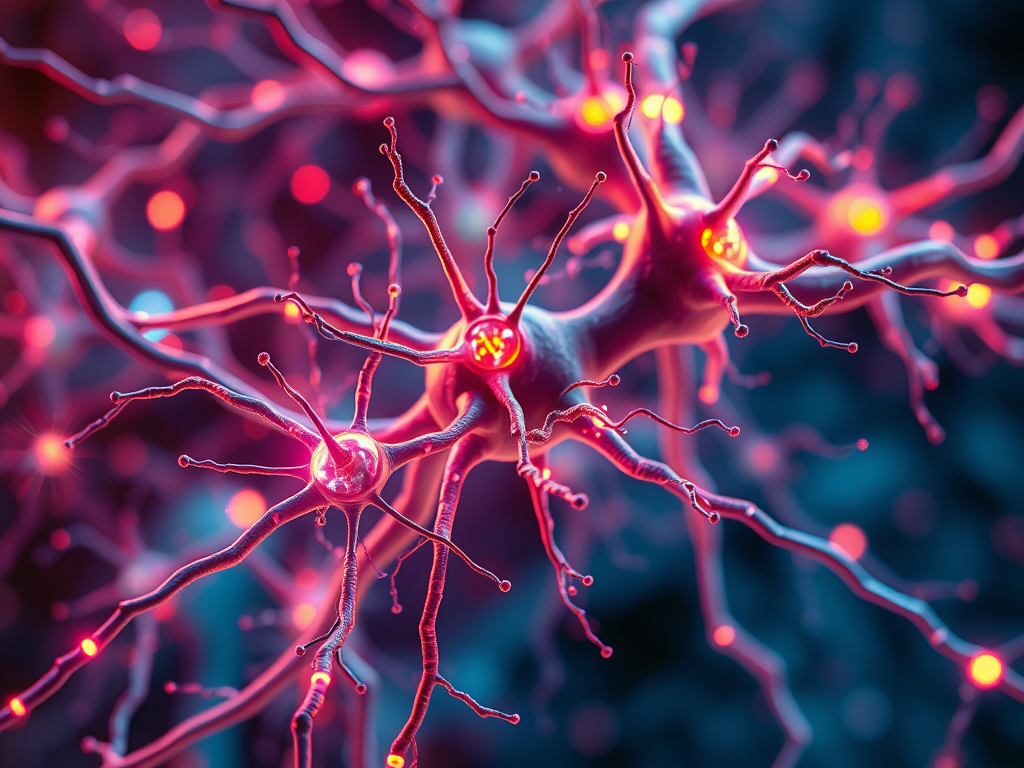Stewart Hotston acknowledges that his Project Hanuman is inspired by Iain Banks' Culture novels. The society he describes, known as the Archology, is very similar to the Culture in many respects. However, where Banks' books usually have the Culture as the dominant civilization technologically, and always have them coming out on top, Hotston's Archology finds … Continue reading Project Hanuman: information as the fundamental reality
The attitude of physicalism
Spurred by conversations a few weeks ago, I've been thinking about physicalism, the stance that everything is physical, that the physical facts fix all the facts. A long popular attack against this view has been to argue that it's incoherent, since we can't give a solid definition of what "physical" means. And so physicalism seems … Continue reading The attitude of physicalism
Halcyon Years
Alastair Reynolds' new novel, Halcyon Years, starts off as a murder mystery that takes place on an interstellar generation ship, a sealed O'Neill cylinder type environment, with cities, rivers, lakes, and forests. The ship is ruled by two rich families, the Urrys and the DelRossos, who hate each other. And while there are separate municipal … Continue reading Halcyon Years
Excession
Excession is one of the novels I missed years ago when reading Iain Banks' Culture series. The main reason, I think, is that for a long time it wasn't published in ebook format, I suspect due to formatting complexity. It just came out in ebook a couple of weeks ago, so I've finally been able … Continue reading Excession
Chill about metaphysics
This week I had to block a couple of people on different platforms. Neither seemed able to make their point without lacing in insults. One seemed to be on a mission to make me feel as bad about my outlook as possible. The disagreements were on purely metaphysical grounds, physicalism vs non-physicalism. And seem to … Continue reading Chill about metaphysics
Pushing Ice
I have a pet theory about good science fiction stories (and maybe fantasy ones). A good story needs to have both a wonder and a conflict element. A lot of classic SF only have the wonder one. Many of Arthur C. Clarke's stories fit in this category. Consider 2001: A Space odyssey. Remove the wonder … Continue reading Pushing Ice
If usefulness isn’t a guide to what’s real, what is?
Seems like I've been writing a lot about quantum mechanics lately. Apparently so have a lot of other people. One thing that keeps coming up is the reality or non-reality of the quantum wave function. Raoni Arroyo and Jonas R. Becker Arenhart argue for non-reality: Quantum mechanics works, but it doesn't describe reality: Predictive power … Continue reading If usefulness isn’t a guide to what’s real, what is?
Biological computation and the nature of software
A new paper is been getting some attention. It makes the case for biological computation. (This is a link to a summary, but there's a link to the actual paper at the bottom of that article.) Characterizing the debate between computational functionalism and biological naturalism as camps that are hopelessly dug in, the authors propose … Continue reading Biological computation and the nature of software
Why I’m a reductionist
The SEP article on scientific reductionism notes that the etymology of the word "reduction" is "to bring back" something to something else. So in a methodological sense, reduction is bringing one theory or ontology back to a simpler or more fundamental theory or ontology. The Wikipedia entry on reductionism identifies different kinds: ontological, methodological, and … Continue reading Why I’m a reductionist
Merry Christmas
Happy Winter Solstice Season! The celebrations around the time that the sun's path in the sky starts getting higher again, and the days longer, seems to stretch back into prehistory. It's no accident that we observe many of our most cherished religious holidays and celebrate a new year around this time. It's kind of a … Continue reading Merry Christmas









